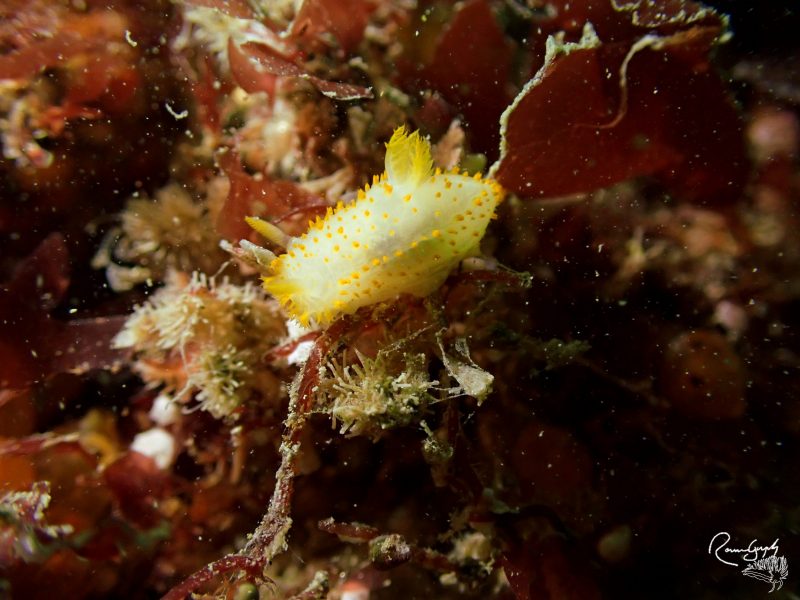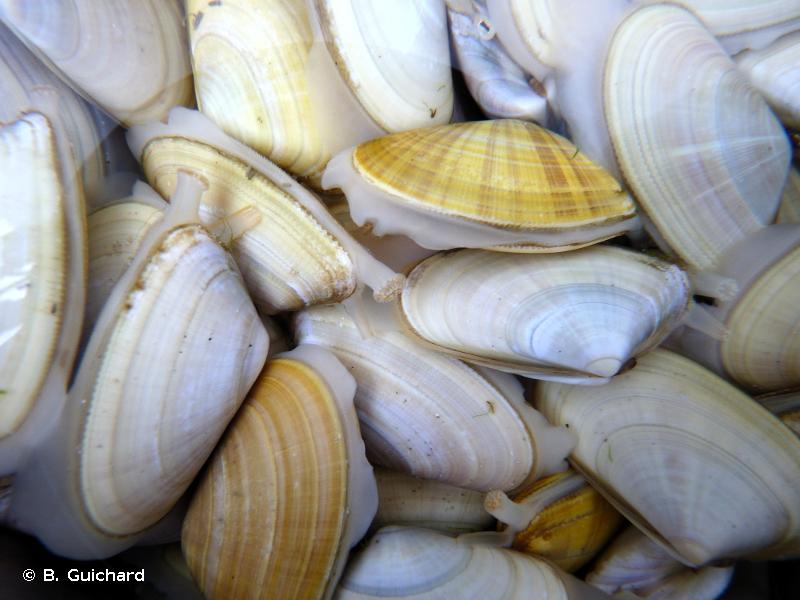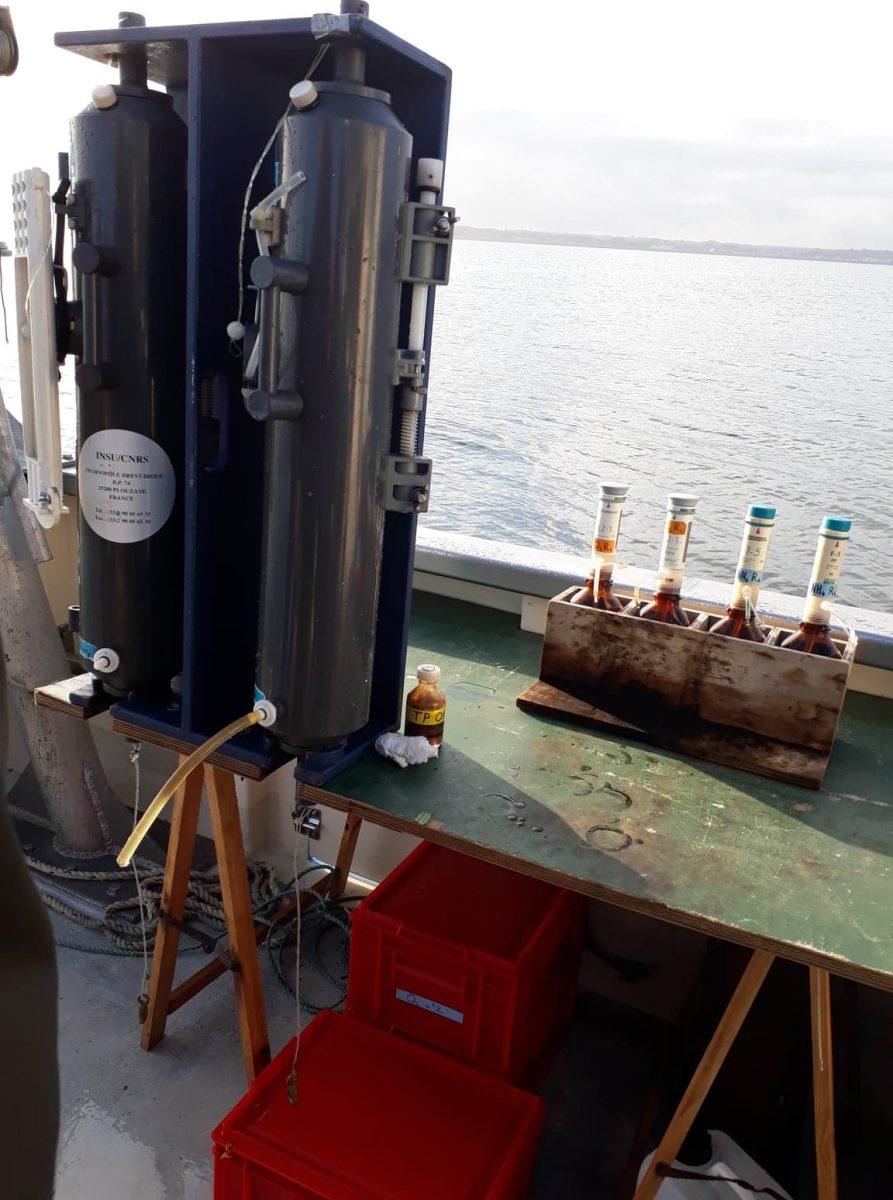Master 1 Biology of Organisms and Populations (BOP)

Semester 7
The first semester for the Master of Biology program sets the bar for future coursework. These courses ensure that all students, no matter their background, have sufficient knowledge in marine biology to continue in the master’s program. It includes 8 courses:
InterSML: Multidisciplinary approach through the development of an independent project between students of the 8 different fields of the SML Master program.
Scientific communication: Creation of a scientific poster on a specific subject in marine biology in a group setting with the help of scientific articles and a scientist advisor/tutor.
Marine population biology: Study of marine populations (models and study methods), interactions between organisms, evolutionary and conservative biology approaches using genetics in particular.

Expression techniques and documentary research: Discovery of digital tools used to find scientific references. Applications of the knowledge acquired by writing a review on a specific topic.
Marine system ecology: Organisation and functional ecology of estuaries (sand, rock and silt), ecology of coastal, pelagic, deep areas, mangroves and coral reefs diversity. Geochemical hallmarks and biological implications. Structure of the food web and biotic relationships, biogeochemical cycles. One day expedition aboard the oceanographic ship “Albert Lucas”.

Introduction to marine chemistry: Oceanography and techniques in the analysis of water in a laboratory and sampling methods onboard the oceanographic ship “Albert Lucas”.
Processing of biological data: Learning the basics of the biostatistics applied in ecology and how to use the software R.
Ecophysiology of marine organisms: Regulation of organisms and adaptation/acclimatization according to environmental variations. Studies on microphage feeding, oyster reproduction physiology, the impact of hypoxia (practical work on mussels), adaptation to heat stress and response to stress in algae (practical work on the impact of nutrient deficiencies on microalgae)
Semester 8:
The second semester begins with a two month-long internship. After the internship, courses are separated into two categories: a) general courses on marine sciences (common) and b) practical courses that are closer to the laboratory work such as microbiology or ecotoxicology.
Common courses:
Physic oceanography: Discovery of the main physical characteristic of the ocean by addressing dynamics equations, scaling method…
Techniques in searching for work: This course will help the students how to apply to a job and how to make a resume and a letter of motivation. Description of the internship experience.
Scientific communication 2: Advice, method and exercises regarding scientific paper writing and website creation.
Knowledge of the world of work: Presentation of the various job opportunities that we can apply for at the end of the master’s degree
BOP specific courses:
Marine microbial ecology: Introduction to marine microbial ecology about bacteria, archaea, virus and fungi. Discovery of microorganisms cultures methods and molecular approaches.
Ecotoxicology: Study of the biological/physiological effects of pollutants on cells, organisms, populations and communities in marine ecosystems. Discovery of various biomarkers commonly used in ecotoxicology.
Chemical ecology of marine organisms: The concept of bio-inspiration and chemotaxonomy are addressed in this course in order to learn more about the defense strategies of marine organisms.
 Attention, vous utilisez un navigateur peu sûr !
Attention, vous utilisez un navigateur peu sûr !